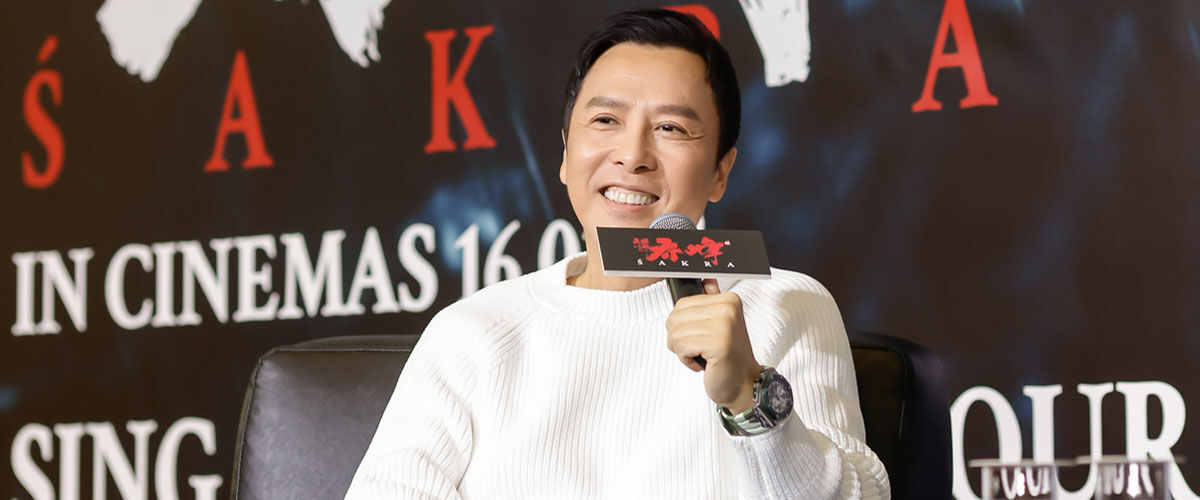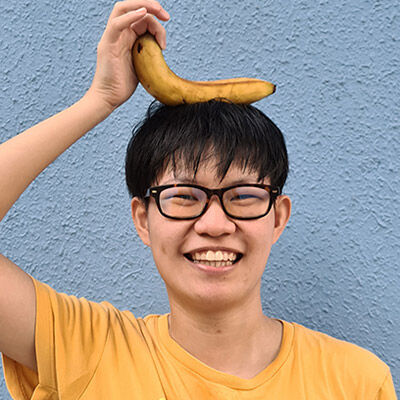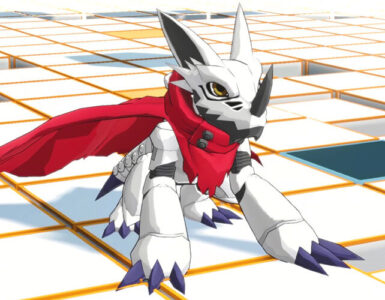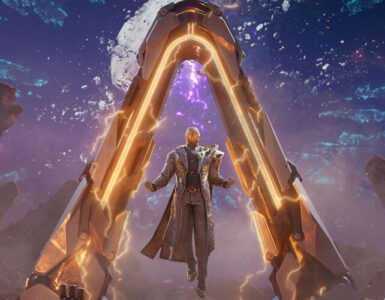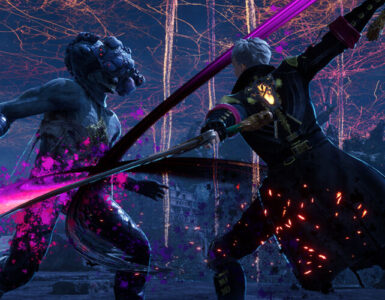This interview for Sakra has been edited for clarity.
If there’s one thing about veteran Hong Kong action star Donnie Yen, it’s that he breathes and lives martial arts. Not only does the 59-year-old demonstrate proficiency in many different forms of the craft, he has been credited for shaking up the action cinema scene – first, by introducing mixed martial arts (MMA) into mainstream Asian cinema, and second, for popularising Wing Chun in China, Asia, and other parts of the world.
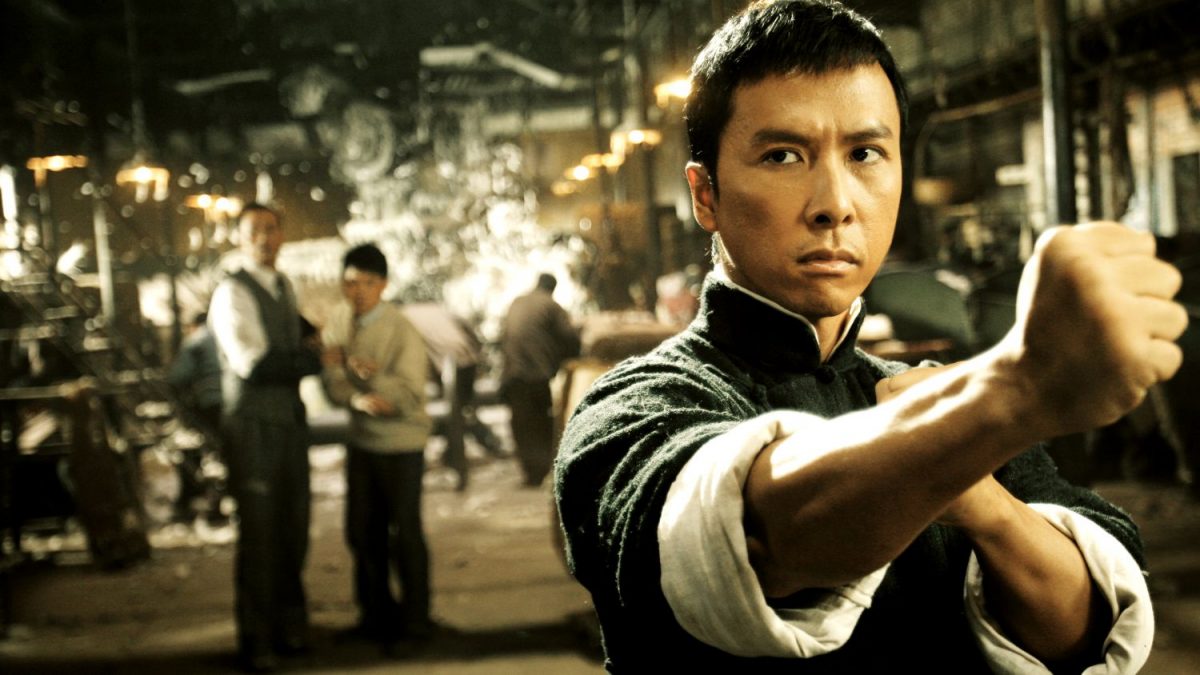
Despite a long career in action filmmaking, Yen will best remembered as the legacy carrier of Wing Chun grandmaster Ip Man, who he plays in the Ip Man film series across four films in 12 years. With that much time spent on the role, it’s only natural to think that the actor-director has grown to associate himself with the popular figure but instead, the actor associates more with another character.
Speaking in an interview session that Geek Culture attended for his latest movie, Sakra (天龙八部之乔峰传), in Singapore, he explained in Cantonese, “I have more similarities with Qiao Feng’s character than Ip Man. He’s more unrestrained than most martial artists in traditional wuxia works, and has a freer spirit.”
Qiao Feng is the protagonist of the upcoming film, which is adapted from Demi-Gods and Semi-Devils (天龙八部), one of the more popular wuxia novels by renowned author Louis Cha, better known by his pen name Jin Yong. While the original narrative featured three protagonists, the movie only focuses on telling the story of the heroic and beloved character Qiao Feng, who’s first introduced as the charming leader of the Beggar’s Sect, a martial arts organisation featured prominently in the works of wuxia fiction.
“He has some characteristics that I can relate to, such as perseverance,” he continued. “Even when everyone was against Qiao Feng, he still stuck to his own path and didn’t lose faith in himself.”

Off-screen, the challenges that the character faced were similar to Yen’s, who cited several instances where he was questioned for making certain decisions, such as coming forth to helm the first Ip Man movie, and bringing different martial art forms into movies. “When I put MMA and Brazilian jiu-jitsu (BJJ) into movies, everyone was asking me, ‘Why is everyone rolling on the floor?’ I didn’t know what to say.”
“But that’s what MMA is, and what BJJ is; now you look at the movies, and there are arm bars, this and that, so as an artist, you’ve got to have that guts, that vision, to take that step forward,” he elaborated in a press conference held prior to the interview session.
This bold willingness to take the road less travelled forms the heart of Yen’s exploration into uncharted territory, too. While the martial artist is familiar with The Legend of the Condor Heroes (射雕英雄) and The Return of the Condor Heroes (神雕侠女), another two of Jin Yong’s acclaimed works, he admits to knowing nothing about the story of Demi-Gods and Semi-Devils before embarking on Sakra, which also marks the actor’s first time working on a Jin Yong-related work.
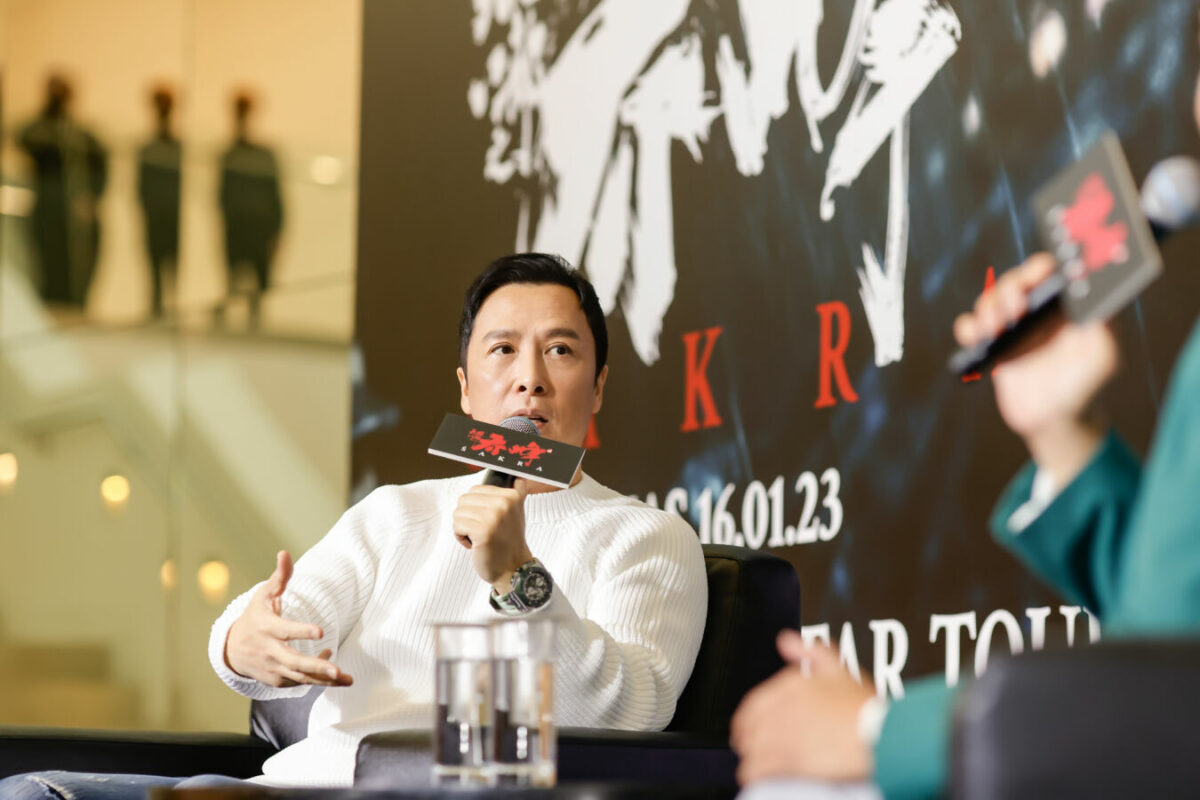
Then, a potential angle made itself known, prompting Yen to take a systematic approach in the beginning stages of planning. First, he singled out Qiao Feng from the list, and proceeded to dissect his character: What’s so special about him? Why is everyone mesmerised by this character? What are his characteristics?
The next involved finding a balance.
“I wanted to recreate Qiao Feng’s characteristics, his charm and the classic elements of that,” mused the filmmaker. “But at the same time, I wanted to make a push – one that would appeal to those who saw the original novel and newcomers [alike], such as overseas fans – and they can still watch this movie and be connected to it.”
Despite being an adaptation, Yen was adamant on not having Sakra be a beat-by-beat recreation of the original novel. Instead, he allowed room for creative liberty and introduced some original narrative beats that are specific to the movie – a move that he acknowledges may not sit well with some, especially for fans of Demi-Gods and Semi-Devils. Still, he remains firm about the change, and is unafraid to share his reasoning.

“Yes, it’ll be controversial, but I look at it as positive energy,” he explained. “If your movies, or the subject of your movies, have no effect on the industry, you might as well not pick that up. If you can make that influence, by all means go out and try to make something that you believe in.”
It may be a bold statement coming from anyone else, but for Yen, who’s no stranger to going against the grain, the words represent a wealthy culmination of all his experiences in the field. After 40 years of being in the business, he has learned that faith and belief are his greatest weapons, having served him well in his quest to extend the influence of Chinese cinema to Hollywood and the Western market.
“As a veteran filmmaker, and especially as a veteran action star, I’m very fortunate that a lot of my films have already influenced many action movies, not just in the Chinese industry, but also in Hollywood. Why do I have to not have that confidence of trying to create a film that I believe can elevate the standard of our own movie industry?” questioned the actor-director.
“I mean, I’ve finished John Wick [Chapter 4], came back, and realised that all along, Hollywood films haven’t only been influenced by our movies, but are also a shot-by-shot copy. So at the same time, we should take pride in what we create.”
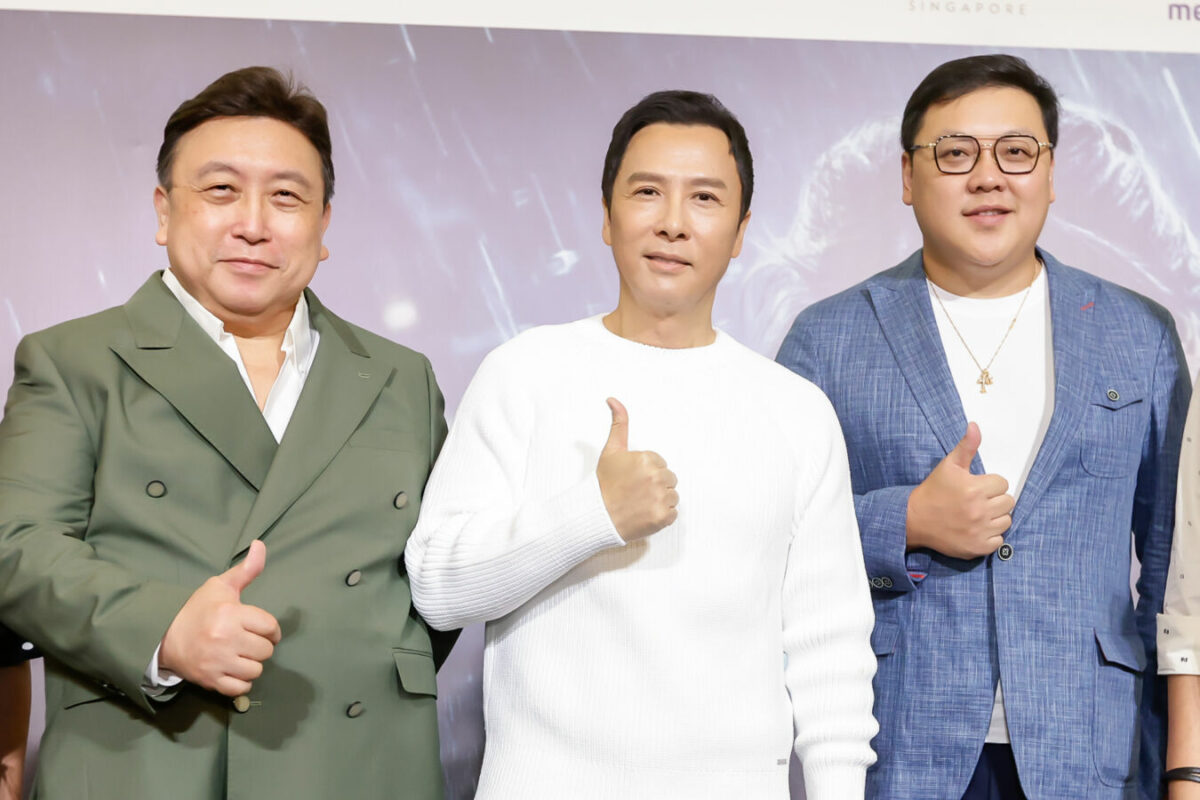
While no specific examples were given, it’s known that Hollywood titles have long sought inspiration from Asian cinema. Darren Aronofsky’s Black Swan, for instance, is influenced by the anime thriller film Perfect Blue, while The Matrix borrows, or in some parts, lifts entire elements from Hong Kong martial arts classics.
Even superhero blockbuster films aren’t free of this Western-Asian amalgamation. Citing Marvel movies as an example, Yen highlighted that a lot of the action scenes and artistic direction in Hollywood flicks can be traced back to Chinese cinema.
“We have so many wuxia films [and] more variety than them, which makes our culture so much richer,” he concluded. “There are so many possibilities in our own literature and material, and as a filmmaker and someone who still has a little bit of influence in the action industry, I’d like to continue using that to contribute and make our culture more recognised globally.”
Sakra (天龙八部之乔峰传) opens in cinemas in Singapore on 16 January 2023, with all images courtesy of Golden Village Pictures.

